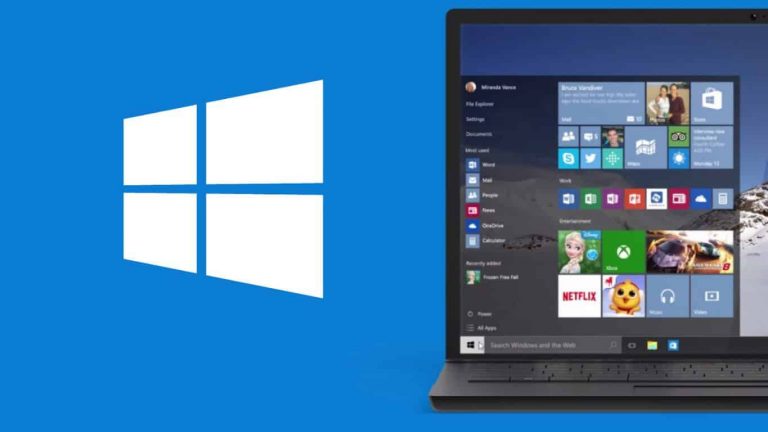Following the release of the second Redstone 5 Windows 10 SDK last week, Microsoft has followed up today to release SDK preview build 17672. This brings the SDK in line with the latest consumer-facing Windows Insider build and also introduces several new APIs and other features. Here’s a quick look at what you need to know.
What’s New:
- MC.EXE: We’ve made some important changes to the C/C++ ETW code generation of mc.exe (Message Compiler):
- The “-mof” parameter is deprecated. This parameter instructs MC.exe to generate ETW code that is compatible with Windows XP and earlier. Support for the “-mof” parameter will be removed in a future version of mc.exe.
- As long as the “-mof” parameter is not used, the generated C/C++ header is now compatible with both kernel-mode and user-mode, regardless of whether “-km” or “-um” was specified on the command line. The header will use the _ETW_KM_ macro to automatically determine whether it is being compiled for kernel-mode or user-mode and will call the appropriate ETW APIs for each mode.
- The EventWrite[EventName] macros now default to calling EventWriteTransfer (user mode) or EtwWriteTransfer (kernel mode). Previously, the EventWrite[EventName] macros defaulted to calling EventWrite (user mode) or EtwWrite (kernel mode).
- This release contains the new LauncherOptions.GroupingPreference property to assist your app in tailoring its behavior for Sets.
Known Issues:
- Windows Device Portal: Please note that there is a known issue in this Windows Insider build that prevents the user from enabling Developer Mode through the For developers settings page.
Unfortunately, this means that you will not be able to remotely deploy a UWP application to your PC or use Windows Device Portal on this build. There are no known workarounds at the moment. Please skip this flight if you rely on these features.- Missing Contract File: The contractWindows.System.SystemManagementContract is not included in this release. In order to access the following APIs, please use a previous Windows IoT extension SDK with your project. This bug will be fixed in a future preview build of the SDK.
As always, you can download this latest SDK build by heading to the Windows Insider website. Developers should keep in mind that this build works with previously released SDKs and only Visual Studio 2017. Developers can also still install this SDK and continue to submit apps that target Windows 10 Creators build or earlier to the store.


